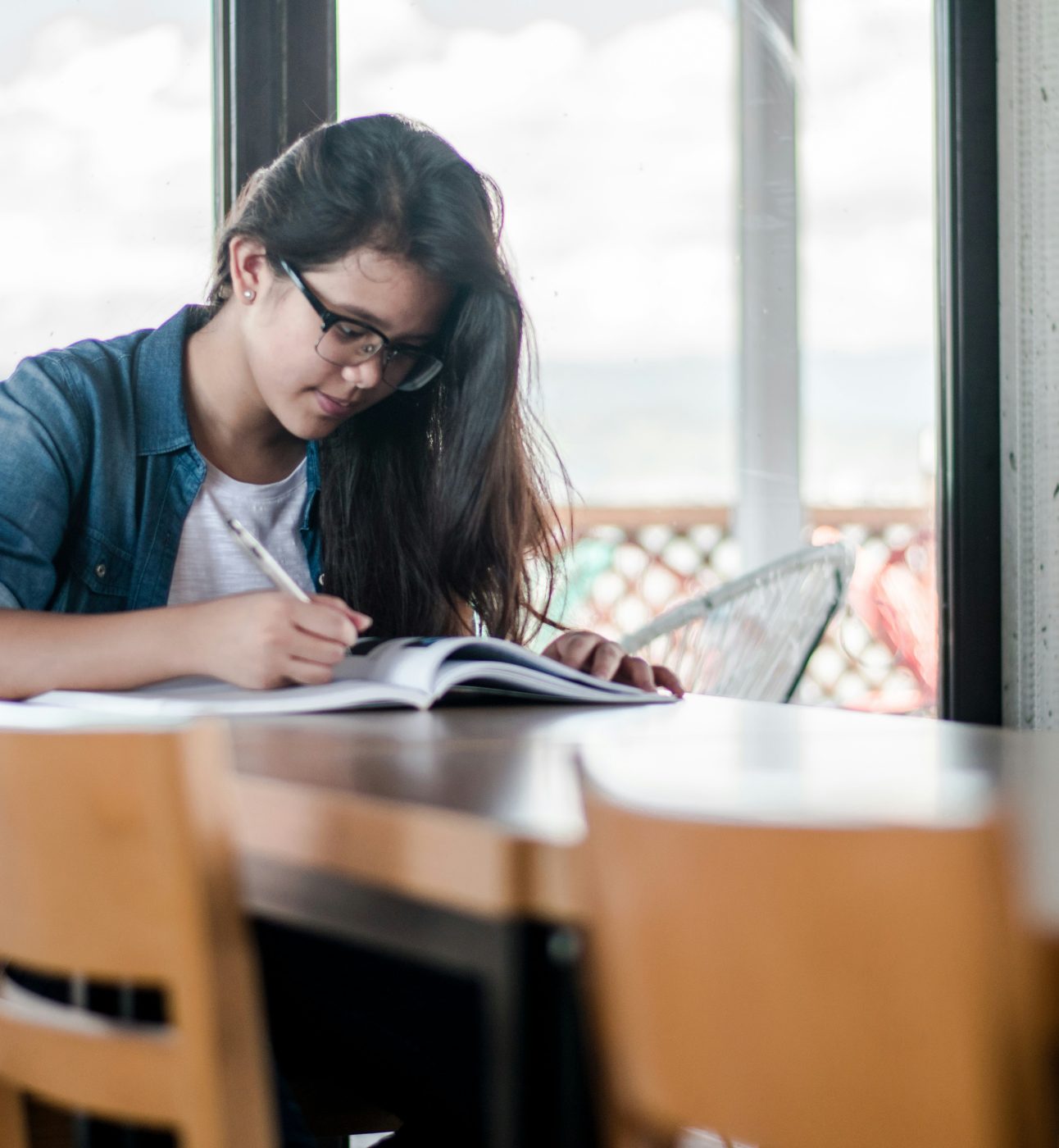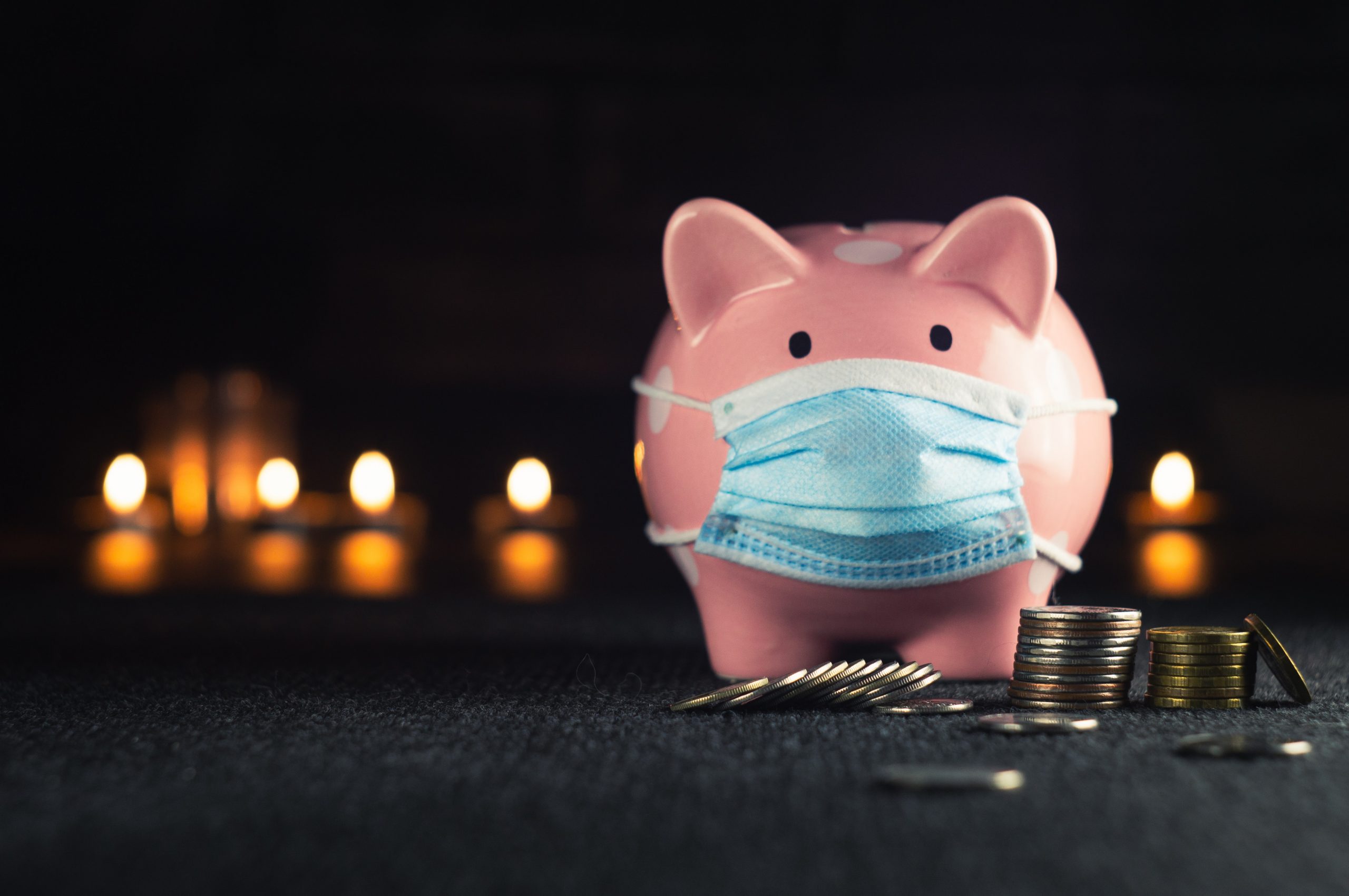I’ve wanted to be a doctor since I was about six years old. I broke my arm, and from that point onwards, I was fascinated by hospitals, and the doctors that took care of me. And I haven’t changed my mind since then.
Everyone tells you that medical school is really hard. Before I started, I took that with a pinch of salt. Once I got there, I realised they were right! Studying medicine really is as tough as they say, but I do love it.
In January 2022, midway through my third year of study, I was diagnosed with type 1 diabetes – completely out of thin air. It was a massive shock. I didn’t tell my parents straight away – I couldn’t bring myself to. I actually went to work my usual shift at the local pub, just to take my mind off things.
Type 1 diabetes is incredibly difficult to manage, and it was a huge adjustment for me. Firstly, I had a big phobia of needles, and suddenly I was going to have to inject myself multiple times a day for the rest of my life, just to stay alive.
Secondly, as a medical student, I already knew a lot about the condition. I knew that the extent of the complications are directly correlated to how well you manage it. If you aren’t careful, you could end up very poorly. And it’s not easy to control – there are something like 42 different factors that can affect your blood sugar. I remember thinking: “Am I going to lose a foot? Am I going to go blind, are my kidneys going to stop working?”
I haven’t even mentioned hypoglycaemic episodes yet. They can be the scariest thing in the world, if you don’t get your insulin calculation right, and your blood sugar drops too low. They can cause seizures, comas, permanent brain damage. It’s all very serious stuff.
The diagnosis, and the sudden changes, hit me hard. It really affected my mental health, on top of the physical concerns.
The university suggested I take a leave of absence, and I had to stop working at the pub, too. A job where you’re doing 20 thousand steps a day, with no set breaks for meals, is not diabetes-friendly.
At first, I was reluctant to take time out, because of the financial implications. Before I started studying, I’d worked out with my parents that we could afford the whole five years, but only just. It’s even more expensive as a postgraduate. Having to resit a year would really throw things off course.
So I actually tried to return in April, hoping to catch up on what I’d missed. But anyone in medicine will be able to tell you that’s impossible – there’s just too much to cover. I gave it a good go! But soon it became clear I would have to resit.
By the start of my fourth year, I knew I needed to contact someone, because finishing the course really wasn’t feasible without some help. On top of the tuition fees, I hadn’t budgeted at all for an extra year of rent.
The idea that this financial burden could stop me from becoming a doctor – something that wasn’t my fault, that I didn’t ask for – it felt very unfair.
That’s when I contacted the RMBF. I can’t remember which member of the university staff suggested it – we’d never met, but I ended up on an email chain with them. When they sent a link to the website, I was amazed: why had nobody suggested this to me before? I felt like I’d already tried everything – I’d even written to the local MP.
I sent my information to the charity, including letters from my GP explaining the impact on my studies and my work. Then came the biggest relief of my life. An email came back from the RMBF, telling me that they were going to support me with a grant of £5,000. I honestly cannot describe how it felt, knowing that this huge hole in my finances was sorted out, just like that. It was the best thing that could have happened.
There are still some worries – the cost of living, rent, bills, the same challenges a lot of people are facing. And I still sometimes get the grump when my blood sugars aren’t co-operating. “Why me? Medical school’s hard enough as it is, let alone literally trying to do the job of your pancreas.”
But things are so much better than they were. I’ve learned a lot about my condition, and how my body works, over the past two years. I maintain a positive attitude about it. My capacity to study is so much better than after the diagnosis.
I’m really excited to finish the course and qualify as a doctor – I’ll be the first one in my family.
After a recent placement, I’ve found myself drawn towards general practice. I like the variety – you don’t know who’s coming through the door. And you get a bit longer to build a relationship with patients.
I need to say a huge thank you to the RMBF. For so long, I didn’t know where to turn, then the RMBF swooped in and saved me. It felt like they cared when no-one else did, that they genuinely wanted to see me succeed. And I’m incredibly grateful for that.



